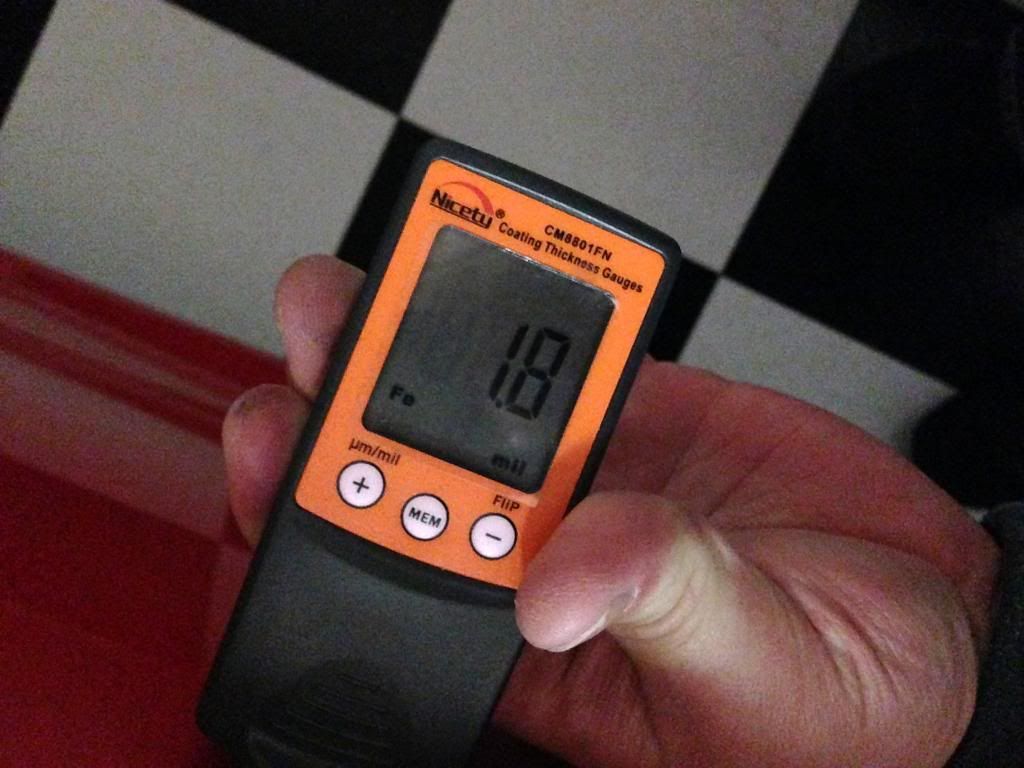Not at all true... a ptg will allow you to more accurately asses the current condition and history of the paint. For instance, even if a vehicle consistently reads thin, it is no big deal if you're doing a basic correction... however, if the paint is averaging around 110 microns, and then you hit a spot that is consistently below 60 microns, you know you should be very cautious in that area because it has clearly been worked on (likely heavy sanding or similar)... or vice versa, if a car is continuously reading around 110 microns and then you come across a panel or a spot that is significantly higher, you can assume it was repaired/repainted.
The more info you can get about a car before you work on it the better, so IMO, a paint gauge is a must have for a professional. Is it something that will make or break you? No... but if you're making good money correcting paint, it is a tool that is worth having.
I did a review on an inexpensive gauge a while ago... I used it for a couple years and it did just fine, though I have upgraded to a higher end brand since then.
http://www.autogeekonline.net/forum...aint-thickness-gauge-affordable-everyone.html
Just my thoughts
